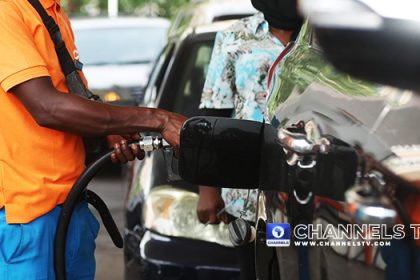
The International Monetary Fund (IMF) has denied being behind the removal of fuel subsidy in Nigeria, saying it was a decision taken by the country’s government. IMF’s African Region Director Abebe Selassie said this on Friday at the IMF and World Bank Annual Meetings in Washington DC, US.“The decision was a domestic one. We don’t have programmes in Nigeria. Our role is limited to regular dialogue, as we have with other nations like Japan or the UK,” Abebe said.President Bola Tinubu during his inauguration in May 2023 declared that fuel “subsidy is gone”. That pronouncement immediately led to a hike in the cost of the commodity across the country. From about ₦200 per litre, the product is selling for about ₦1,200 in several parts of Nigeria.
Months after that, the Tinubu government also floated the country’s currency – the naira as part of reforms by to shore up the eeconomy. But those twin moves have led to a sharp spike in the cost of living. The price of essential commodities has continued to soar with inflation reaching 32.72 per cent, pushing basic items beyond the reach of millions of Nigerians.
In the face of the harsh economic climate in the country, President Tinubu has repeatedly called for patience from Nigerians but insisted there is no going back on the reforms.
He believes his government’s reforms will be beneficial to Nigerians in the long run and has in the interim introduced a series of interventionist measures to buffer the impacts of the policies.
The IMF African Region Director has lauded these policies and wants the Federal Government to roll out more programmes to protect vulnerable groups against the effects of the reforms.
“We recognize the significant social costs involved,” Abebe said. “The government can mitigate these by expanding social protection for the most vulnerable.”

